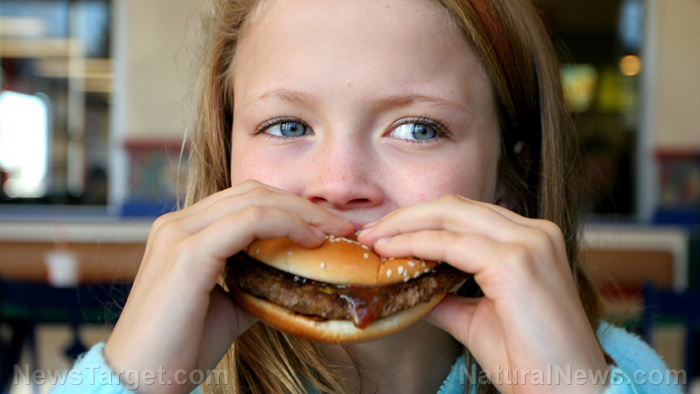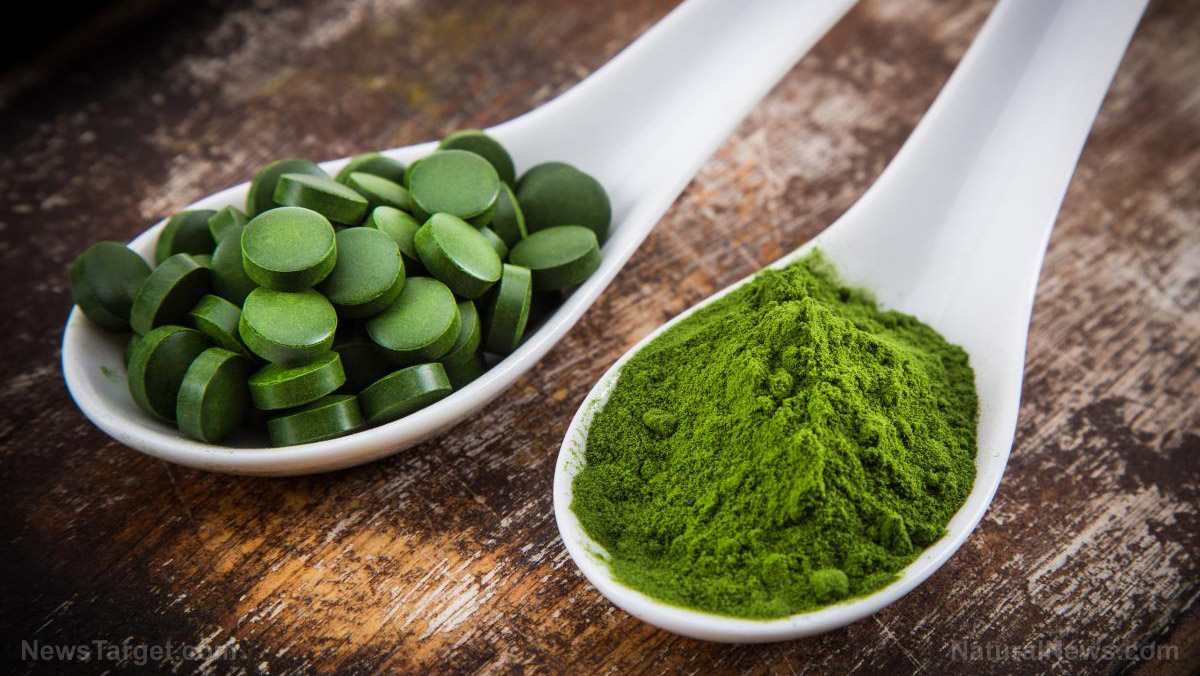If you are fasting, don’t go shopping: Study finds shopping hungry usually leads to more high-calorie purchases
01/11/2019 / By Michelle Simmons

A team of researchers at Cornell University suggests that shopping for groceries on an empty stomach will lead to the purchase of high-calorie foods. Aner Tal, lead author of the study, said that people tend to skip meals because of dieting, fasting, or busy schedules that make them forget to eat.
“But it doesn’t matter why you skipped a meal, it can still make your nutritionist cry – making you buy more potato chips and ice cream and less baby carrots and skim milk,” explained Tal.
In the study, published in JAMA Internal Medicine, the Cornell team instructed 68 adult participants to refrain from eating for five hours before the study. The participants were randomly given food to reduce the feeling of hunger or were not given any food at all. Then, they shopped at a simulated online grocery store. The shoppers who did not receive any food purchased 18.6 percent more food, with 44.8 percent of the food being rich in calories.
In a follow-up study of 82 participants, the researchers monitored the purchases of shoppers at different times of the day – at 1:00 p.m. to 4:00 p.m. when shoppers were more likely to be full and at 4:00 p.m. to 7:00 p.m. when they were more likely to be hungry. Results revealed that those who shopped during the late afternoon bought less low-calorie items compared to those who shopped after lunch. The results indicate that even getting hungry for a few hours can affect people’s food choices.
The researchers noted that people should be more watchful of their selections when hungry. In order to avoid this effect of hunger on overall grocery shopping, the researchers advised that eating a snack before grocery shopping will make a person feel satiated. In addition, they also noted that the most skipped meal is breakfast and eating something for lunch that contains protein will reduce the feeling of hunger. (Related: Eating breakfast (meal timing) lowers heart disease risk by more than twenty-five percent.)
“Make sure you don’t skip a meal, or at least have a snack like apples or string cheese in your office,” advised Brian Wansink, one of the authors of the study.
Eating healthy food before shopping influences shoppers’ food choices
In another research by Tal and Wansink, they discovered that shoppers who ate a healthy snack before grocery shopping were more likely to buy healthier items.
For their research, they carried out three studies to find out whether healthy snacks would make shoppers buy healthier snacks. In the first study, they randomly gave 120 participants an apple sample, a cookie sample, or no sample at the beginning of their shopping. Results showed that those who were given an apple sample purchased 28 percent more fruits and vegetables compared to those who were given a cookie sample, and 25 percent more fruits and vegetables than those who were not given any food.
“What this teaches us is that having a small healthy snack before shopping can put us in a healthier mindset and steer us towards making better food choices,” Tal explained.
In the second study, they gave 56 participants either a cookie or an apple sample, then they asked them to imagine they were grocery shopping. The participants were shown 20 product pairs with each pair containing one low-calorie item and one high-calorie item. Then, they were instructed to choose which one they would buy. Similar to the first study, those who ate an apple beforehand chose healthier food items, while those who ate a cookie chose unhealthier items.
In the third study, the researchers randomly gave 59 participants a chocolate milk labeled “healthy, wholesome chocolate milk,” the same milk but labeled “rich, indulgent chocolate milk,” or no milk at all. Results showed that those who were given the milk labeled healthy and wholesome chose more healthy foods in the online grocery store. This suggests that the perceived healthfulness of a sample affected the shoppers’ selections and not the actual healthfulness of the sample.
Read more articles related to food psychology at Mind.news.
Sources include:
Tagged Under: fasting, food choices, food psychology, grocery shopping, hunger, lifestyle choices, power of suggestion, priming



















